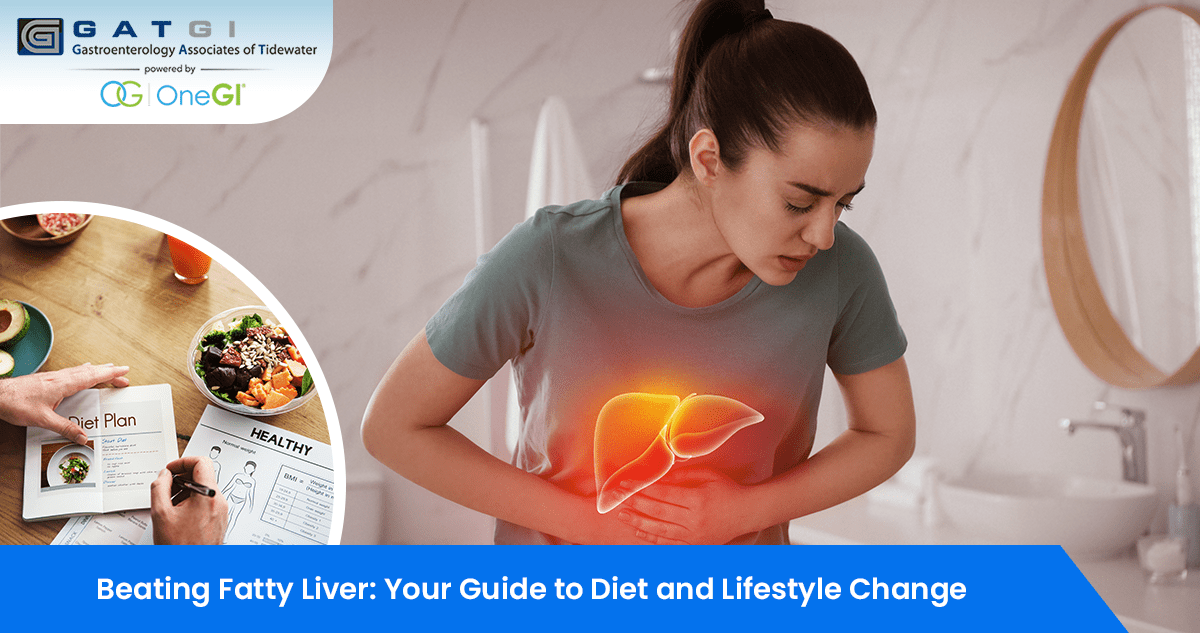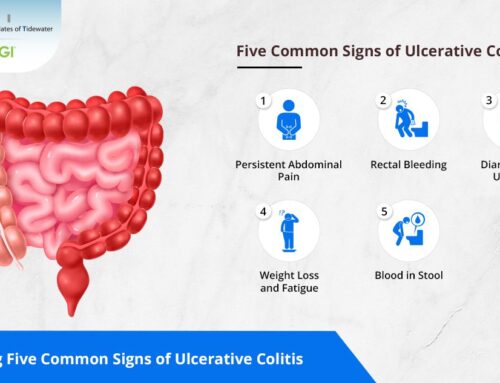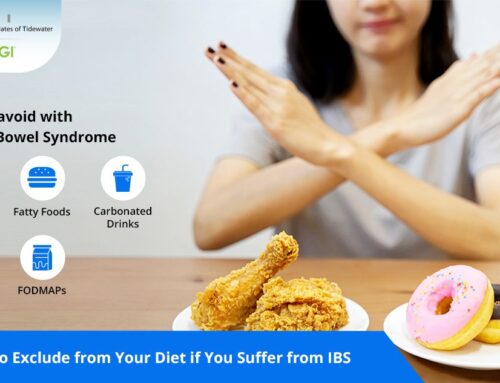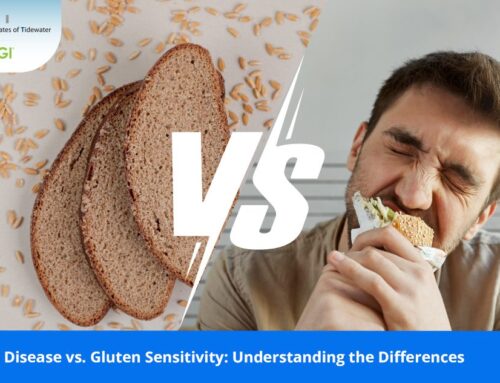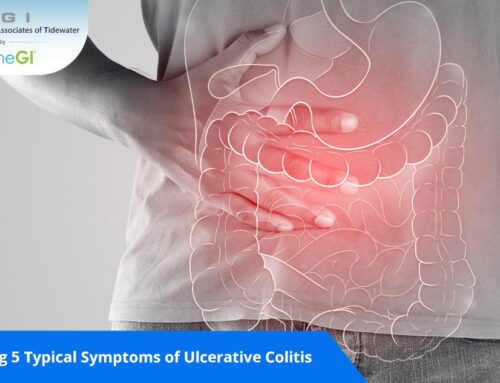Fatty liver is the most common form of chronic liver disease. It affects approximately 25 percent of the world’s population. Fortunately, a combination of a healthy diet and lifestyle changes can help manage — and even reverse — this condition. A diet rich in vegetables, lean proteins, and healthy fats, coupled with regular exercise, can dramatically improve liver health.
Fatty liver disease is a condition characterized by an accumulation of excess fat in the liver. The liver naturally contains some amount of fat, but when more than 5 percent of it is fat, it’s considered a fatty liver.
Signs and Symptoms of Fatty Liver
This condition often has no symptoms in the early stages, which makes it a silent disease. It’s closely associated with:
- obesity
- type 2 diabetes
- high blood pressure
- high cholesterol
If left untreated, fatty liver disease can lead to more serious liver conditions, such as cirrhosis and liver cancer.
Managing Fatty Liver with Diet
When it comes to managing fatty liver disease through diet, it’s crucial to adopt a balanced and nutritious eating plan. A Mediterranean-style diet is often recommended as it’s high in fruits, vegetables, whole grains, and healthy fats such as olive oil. These foods are packed with antioxidants and anti-inflammatory compounds that support liver health.
Eating less saturated fats and processed foods is another important step. These foods can lead to obesity and insulin resistance—two major risk factors for fatty liver disease. Replace these foods with lean proteins like fish or chicken, and complex carbohydrates such as quinoa or sweet potatoes.
Essentially, managing fatty liver disease requires a conscious effort to make healthier food choices. Consuming a diverse range of nutrient-rich foods not only helps maintain a healthy weight but also provides the liver with the necessary nutrients to repair itself.
However, it’s important to remember that dietary changes should be part of a comprehensive treatment plan, including exercise and medication as prescribed and monitored by your healthcare provider.
Managing Fatty Liver with Exercise
According to an article in the National Library of Medicine, exercise plays a crucial role in the management of fatty liver disease and can significantly contribute to reversing the condition. Regular physical activity helps in weight reduction, one of the primary risk factors for fatty liver disease. Moreover, exercise improves the metabolism of fats and reduces inflammation, aiding in the decrease of fat deposition in the liver.
Both aerobic exercises like running, cycling, and swimming, and resistance training can be beneficial. A combination of both types of exercise is most effective. Research from Penn State College of Medicine confirms that 150 minutes of aerobic exercise reduces liver fat.
Importantly, exercise should not be seen as a standalone solution, but as part of an integrated approach to managing fatty liver disease.
Managing Fatty Liver with Medication
While there are currently no drugs specifically approved for treating this condition, certain medications prescribed for related conditions can be beneficial. For instance, medications used to manage diabetes, high cholesterol, and obesity can also help reduce fat in the liver.
Medications such as Metformin, used to treat type 2 diabetes, can improve insulin resistance, a significant contributor to fatty liver disease. Statins, typically prescribed for high cholesterol, may also have a protective effect on the liver by reducing inflammation.
Always consult your healthcare provider before starting any new medication. Also, be aware that some medications can have harmful side effects on the liver, so regular monitoring of liver function is necessary when taking these drugs.
Managing fatty liver disease is a multi-dimensional undertaking that encompasses dietary changes, regular exercise, appropriate medication, and regular check-ups with your healthcare provider. It’s a journey of better health that begins with understanding the disease and taking proactive steps towards healthier habits.
For more information or to schedule an appointment with a board-certified gastroenterologist, contact Gastroenterology Associates of Tidewater at (757) 547-0798.

